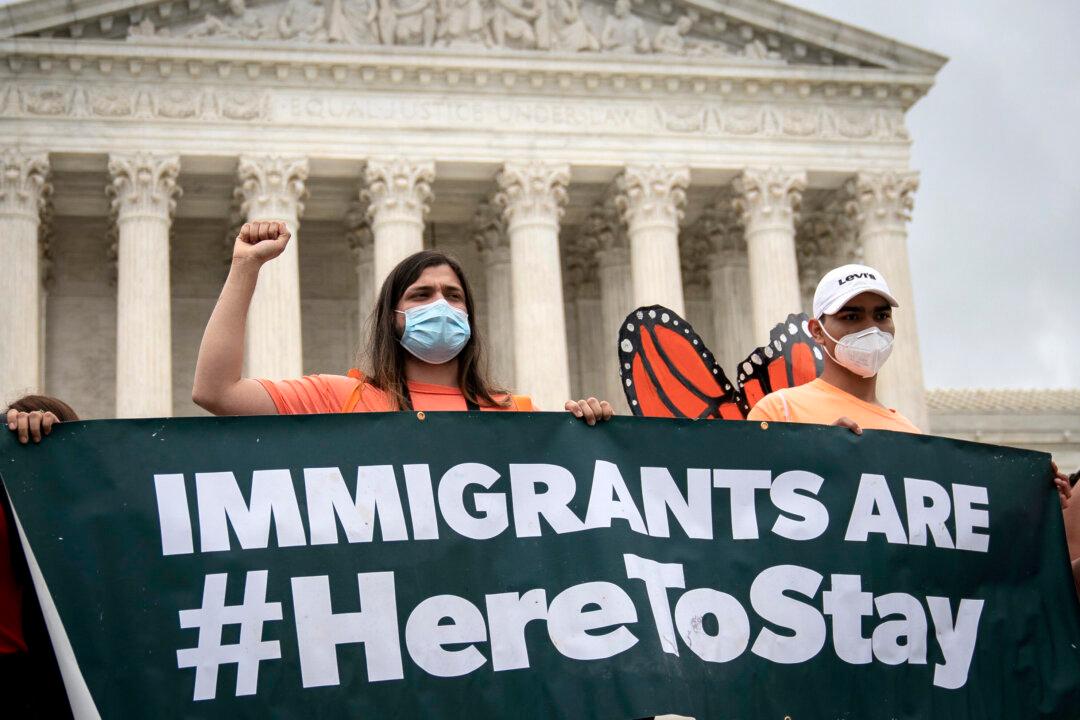The Trump administration failed to follow the law when it tried to rescind DACA, then-President Barack Obama’s program that temporarily shielded young people who came to the United States illegally from being deported, the Supreme Court ruled.
Although the program could yet be abolished in the future if the proper procedure is followed, as the court acknowledged in its June 18 ruling, the decision sets up an election-year fight over the Deferred Action for Childhood Arrivals (DACA) program that has offered relief to about 700,000 individuals.





